Batuz Aldatu presents the offer document for the new socio-political pact with emphasis on the universalization of Basque knowledge
The document lays the foundations for the "leap" that it considers essential in language policies to ensure the future of the Basque Country, always on the basis of social consensus. It calls on institutions and institutions to make "bold and ambitious public policies".
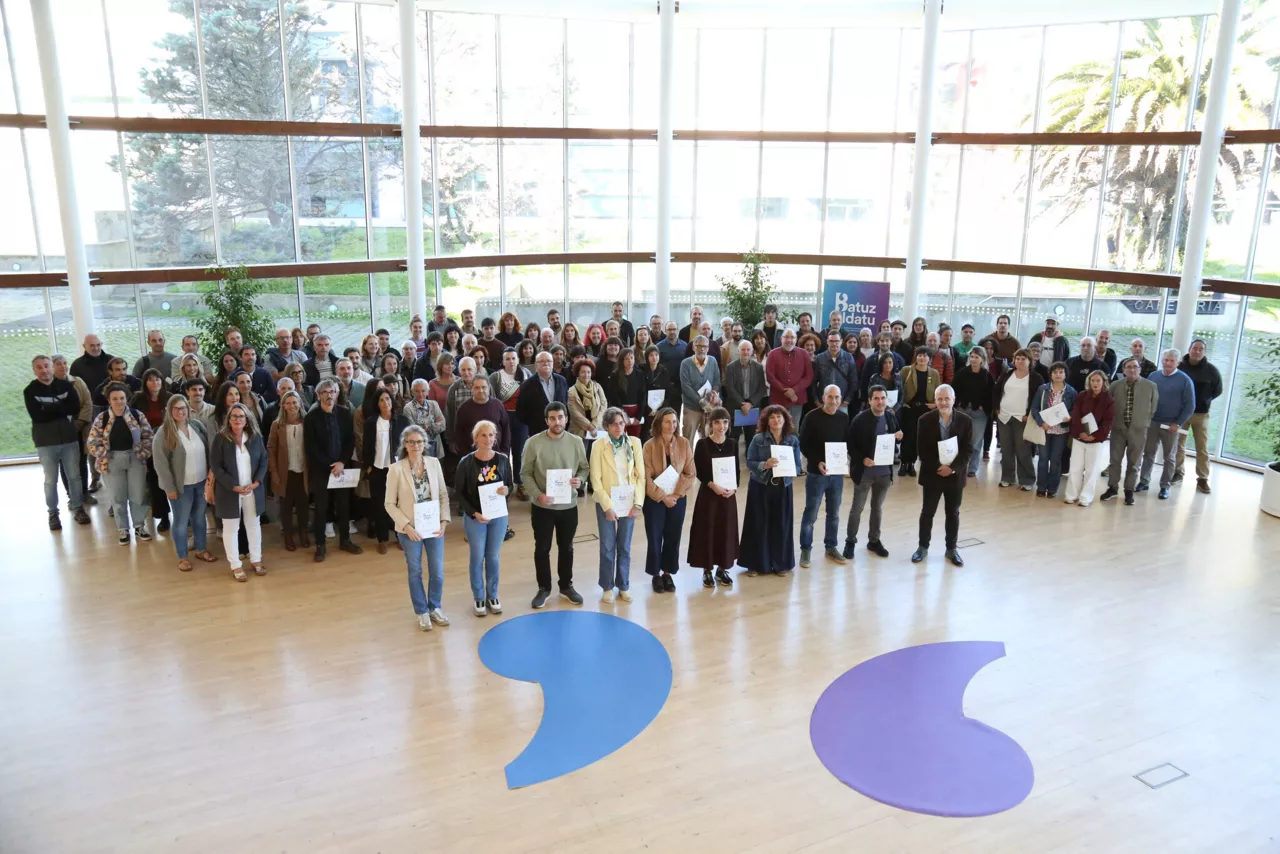
Today's appearance in San Sebastian of the Batuz Aldatu dynamic.
At a time when the process of normalization and revitalization of the Basque language is "slowing down" and the Basque community is "in linguistic emergency", the Batuz Aldatu dynamic aims to provoke a "new renaissance" by putting on the table the offer for the new Sociopolitical Pact .
More than a hundred signatories of the Batuz Aldatu social consensus met this morning in San Sebastian precisely to present their proposal.
As explained in today's presentation, the aim of the proposal is "to propose the scope of theleap necessary to ensure the futureof the Basque Country , always based on social consensus ".
Idurre Eskisabel, Secretary General of the Basque Culture Council, has explained that the new socio-political pact proposes a "paradigm shift" that, among other things, "addresses the issue of status as well".
"In short, to generalize knowledge, that is, to establish a horizon in which every citizen knows the Basque language, and to shape the conditions for its normal use." A paradigm shift that will address, among other things, the question of status. "
Furthermore, Eskisabel adds that "in addition to creating a way to advance the normalization and revitalization of the Basque language, the full realization of linguistic rights would be achieved, resulting in the strengthening ofsocial justice, social cohesion, coexistence and freedom ".
According to its promoters, the new language policy paradigm should have four main axes to follow: "the universalization of Basque knowledge, the achievement of equal official status and the empowerment of the Basque community."
Keys to the new language policy
The proposal divides the responsibilities of the various sectors of society in the process of normalizing and revitalizing the Basque Country into five main areas.
It places institutions and political actors at the forefront of its responsibilities. Indeed, the proposal emphasizes the responsibility of the institutions, from the municipalities to the governments of each of the administrative areas that divide the Basque Country. In this way, it calls for bold and ambitious public policies to promote the universalization of knowledge. Halaber, with particular reference to the question of status, which, as stated in the treaty, means that the achievement of the status of the Basque Country as a whole is a necessary step towards the systematic and sustainable realization of public policies that guarantee the future.
As far as economic operators are concerned, the drivers of the pact urge companies to incorporate the Basque language as a strategic value and to develop Basque schemes, while trade unionsrecognize linguistic rights as part of workers' rights and include them in labour agreements.
Theycall on the social partners to place the Renaissance language among their commitments and call on them to become the centrepiece of justice and social cohesion.
The academic and cultural sphereis called upon to guarantee knowledge and creation in Basque. To guarantee universities the offer of higher education in Basque and to build itineraries for research in Basque, and to invite cultural agents to place cultural creation in Basque on the axis.
Finally, the document contains the active commitmentof the citizens as the main guarantee of the future of the Basque Country.
Commitments and accessions
The signatory actors undertake four main commitments: to socialize the content of the document, to make proposals, to continue dialogue and cooperation, and to adopt additional commitments capable of influencing its scope.
113 agents have signed the treaty, for the time being, and those wishing to join can sign the document at Batuz Aldatu .
You might like
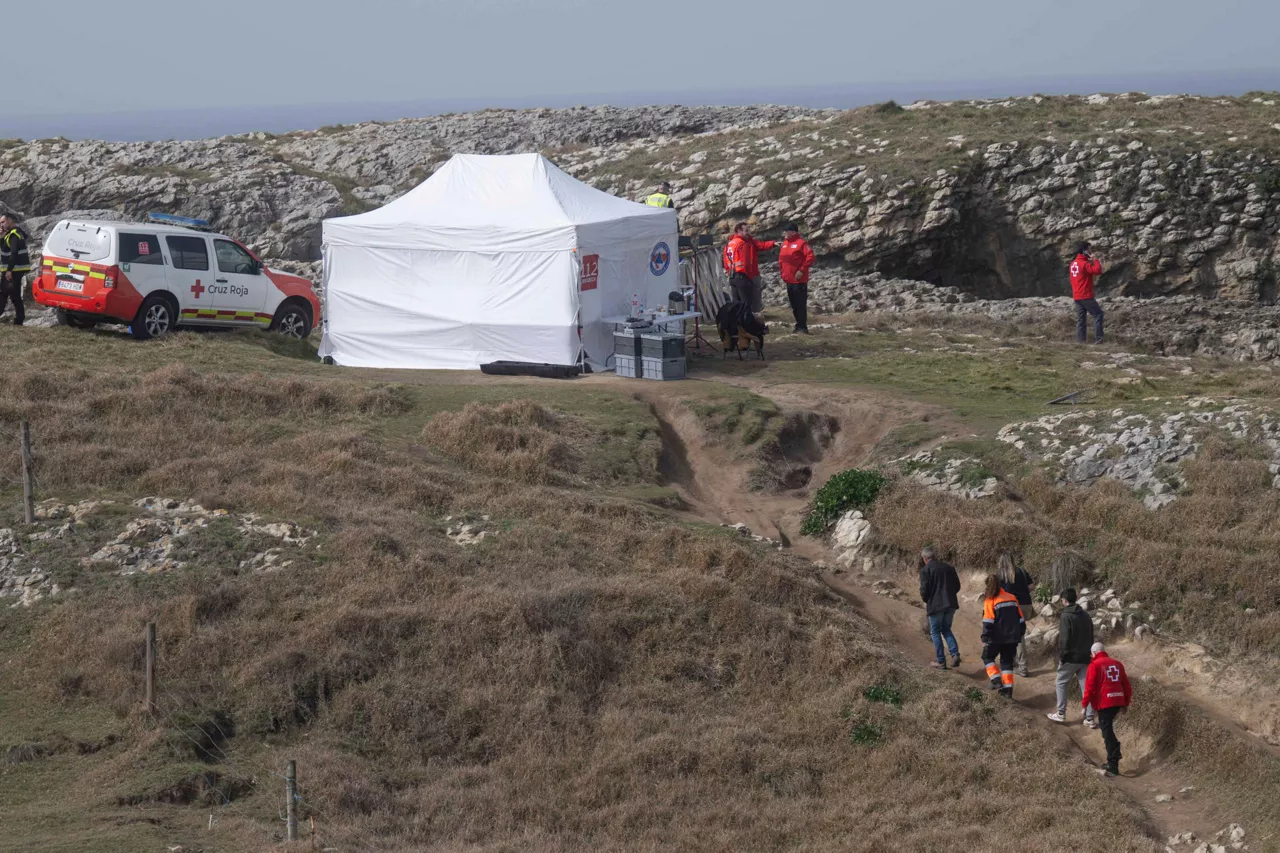
Barakaldo and Balmaseda have expressed their condolences for the three young Biscayans who died in Santander
They died in an accident this Tuesday when the El Bocal Coast Pass in Santander collapsed. In addition, another girl from Álava is hospitalized.

The Basque Government offers assistance to the families of the people killed in Santander
The Ertzaintza has alerted the families to the death of three young Basques: two 19-year-old girls from Barakaldo and a 21-year-old boy from Balmaseda.

Osakidetza will begin screening for the human papilloma virus for women over 30 years of age
The pilot project will begin in Donostialdea and Tolosaldea and then extend to all of Gipuzkoa, including Álava and Bizkaia.
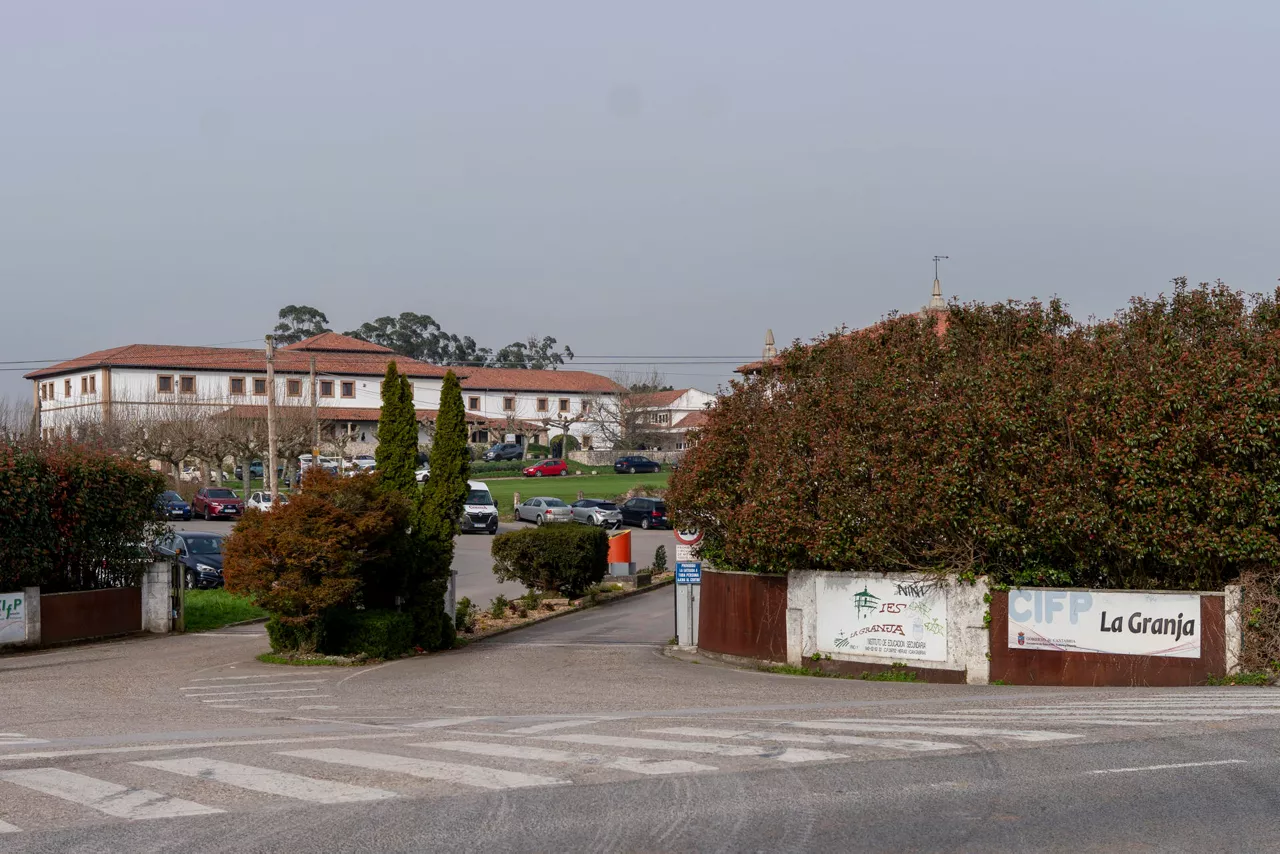
The victims were students from La Granja de Heras, a reference centre for agricultural and environmental training
The victims of the tragedy participated in the cycle of Senior Technician in Animal Husbandry and Animal Health Care, a center that prepares students to manage livestock farms and collaborate with veterinary teams.
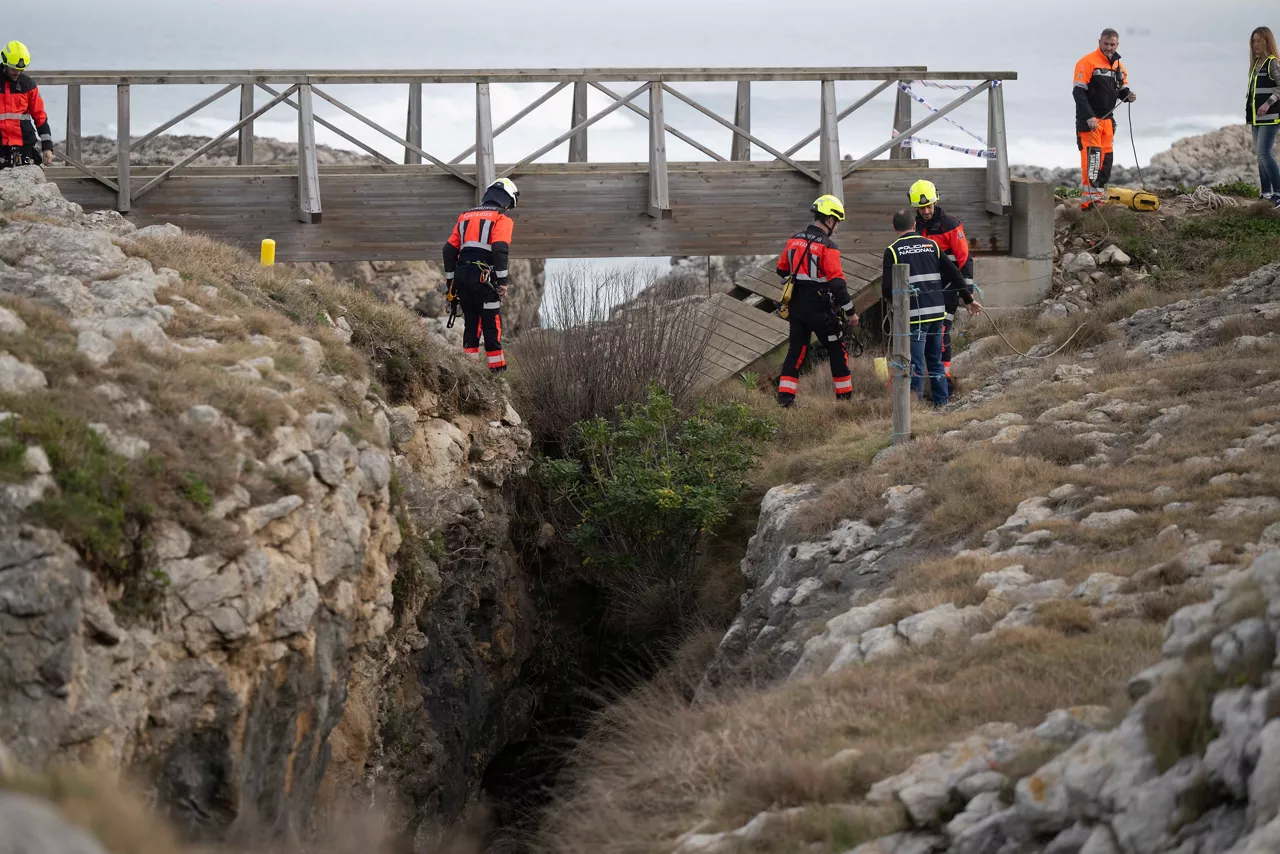
What do we know about the Santander accident?
The circumstances of the accident on Tuesday afternoon at the El Bocal Coast Pass in Santander, one of which collapsed and killed five people, including three Basques.
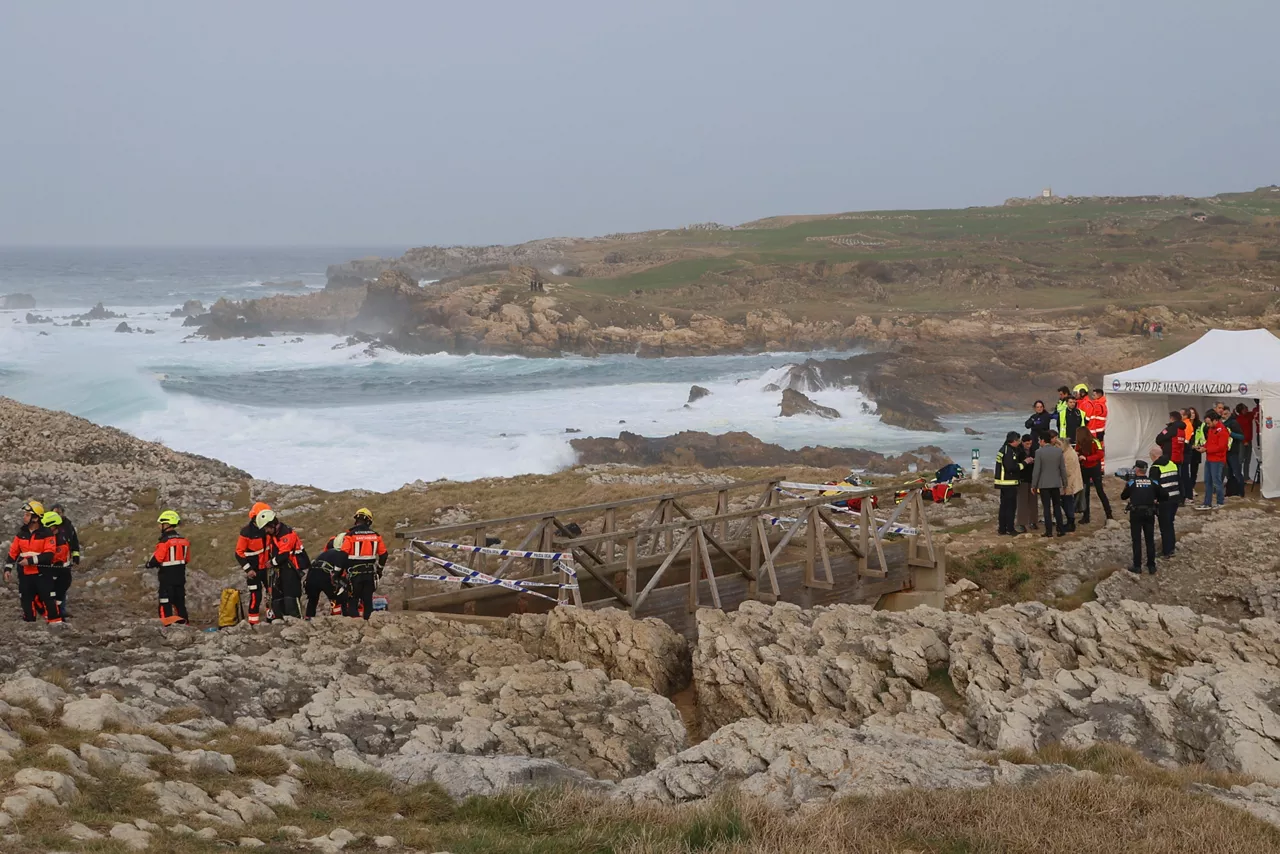
A girl from Elvillar (Álava) remains in the intensive care unit as a result of the accident in Santander
The young man, from Elvillar, is in serious condition at the Marqués de Valdecilla University Hospital.
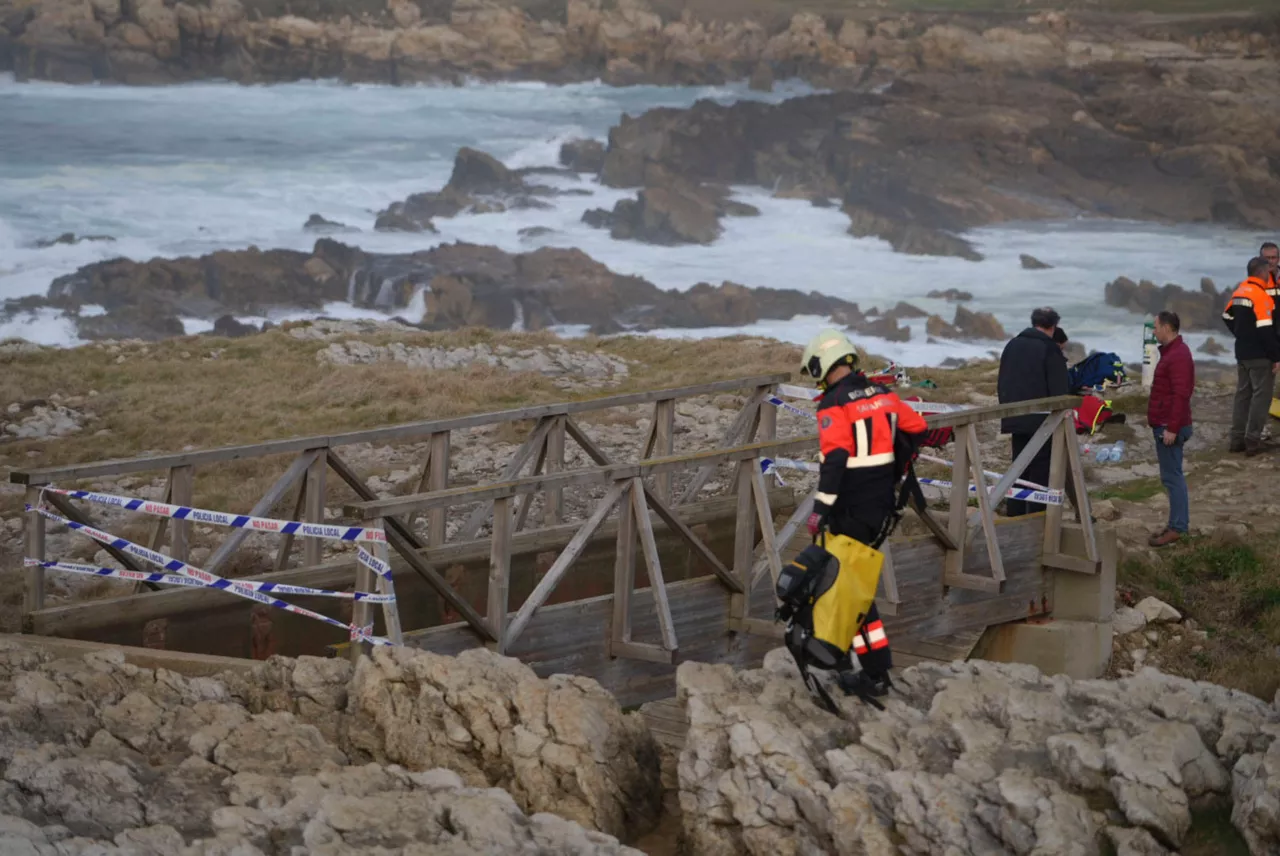
Two young men from Barakaldo and one from Balmaseda, among those killed in the Santander accident
According to the Government Delegation in Cantabria, the five deceased are two 19-year-old girls from Barakaldo (Bizkaia), a 21-year-old boy from Balmaseda (Bizkaia), another 22-year-old from Igollo de Camargo (Cantabria) and another from Almería (20), while the girl who has been hospitalized since yesterday is from Elvillar (Álava).

Will there be supply problems at the gas stations in the Basque Country? No cause for alarm, according to service stations
More cars have been running gas stations in the last few days and there have been some supply problems.

News: The decisive night in Anoeta, the conflict in the Middle East and the appearance in Paris of the body of a Tolosarra
A summary, in two words, of what will be news today in the Present.

This year's song of the march, "Hiri Kiribili Bil", has been presented
The ikastola Kirikiño of Bilbao has organized this year's festival for the ikastolas of Bizkaia, composed and performed by Aiora Renteria (Zea Mays), Unai Madariaga (Ezez) and the trio Txopet.

